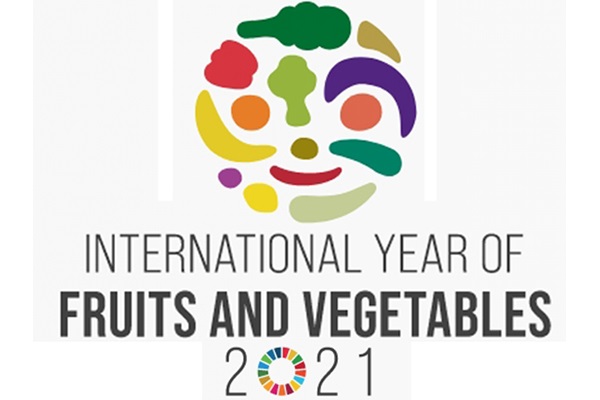News

Highlighting health and nutritional benefits through sustainable production and consumption of fruits and vegetables
07/07/2020
The Permanent Mission of Chile to the United Nations, the Permanent Mission of India to the United Nations and the Food and Agriculture Organization of the United Nations (FAO) are pleased to invite you to “On the road to the International Year of Fruits and Vegetables 2021: Highlighti...

FAO North America webinar: Reducing Food Loss and Waste during COVID-19 and Beyond
06/07/2020
On July 2nd a FAO Insights Webinar on Reducing Food Loss and Waste during COVID-19 and Beyond was held.
...

International Day of Awareness of Food Loss and Waste – 29 September 2020
02/05/2020
On 19 December, 2019, the United Nations General Assembly (UNGA) designated 29 September as the

COVID-19 Series / Improving the Storability and Availability of Pulses by Reducing Post-Harvest Losses
20/04/2020

COVID-19 Series / Identifying and addressing the threats against food recovery and redistribution
14/04/2020
Many communities and vulnerable individuals rely on foodbanks and other food recovery and redistribution charities to ensure they have access to enough food to build resilience in their communities, reduce food insecurity and contribute to healthier diets.

COVID-19 Series / Tips for the Preservation of Fruits and Vegetables to Reduce Food Waste and Improve Shelf-Life
06/04/2020
With physical distancing and reduced shopping trips to supermarkets, buying large quantities of fresh fruits and vegetables becomes difficult, with the risk of them going to waste, during this COVID-19 pandemic. There are, however, simple ways in which fruits and vegetables can be preserved at home to reduce waste. Many vegetables, can be blanched by dipping in boiling water for approximately 5 minutes and then pickled and fermented. Fruits can be preserved by blanching and freezing, juicing, drying, frying, or preserved with sugar into jams and fruit preserves.
Root crops and bananas can be fried to produce chips.

Lessons from the SDC capitalization of experiences exercise on PHM Programs in SSA
30/03/2020

During COVID-19 times: 9 tips to reduce food waste
25/03/2020

Technical webinar - Sustainable food systems and nutrition: Food post-harvest losses
24/03/2020

FAO and Kyoto University partner to reduce food waste
20/01/2020
A pilot project implemented by Kyoto University in 2019, aimed at raising awareness on food waste in canteens on the campus, and enhancing the knowledge and engagement of students in reducing food loss and waste, determined that approximately 20 per cent of food is wasted in canteens on campus...
